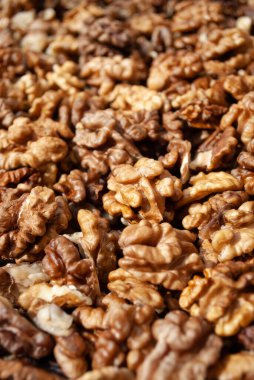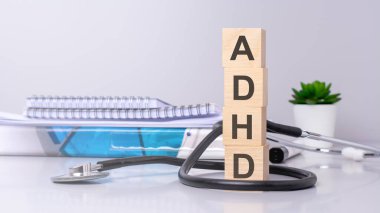ADHD: 4 Steps to Managing Symptoms Through Diet
Attention-Deficit/Hyperactivity Disorder (ADHD) is a neurodevelopmental condition characterized by inattention, hyperactivity, and impulsivity. While medication and behavioral therapy are common treatments, emerging research suggests that diet can play a significant role in managing ADHD symptoms. By making strategic dietary changes, individuals with ADHD may experience improved focus, reduced hyperactivity, and better emotional regulation.
Here are four steps to managing ADHD symptoms through diet, including foods to avoid and those to embrace.
Step 1: Prioritize Protein-Rich Foods

Protein is essential for brain health, as it provides the building blocks for neurotransmitters like dopamine and norepinephrine, which are often imbalanced in individuals with ADHD.
Including protein in every meal can help stabilize blood sugar levels, reduce mood swings, and improve focus.
What to Eat:
- Lean meats (chicken, turkey, fish)
- Eggs
- Legumes (beans, lentils, chickpeas)
- Nuts and seeds (almonds, walnuts, chia seeds)
- Greek yogurt or cottage cheese
Why It Helps: Protein slows the absorption of carbohydrates, preventing energy crashes and promoting sustained mental clarity. A protein-rich breakfast, for example, can set the tone for a more productive day.
Step 2: Incorporate Omega-3 Fatty Acids

Omega-3 fatty acids, particularly EPA and DHA, are crucial for brain function and development.
Studies have shown that individuals with ADHD often have lower levels of these essential fats, which are linked to improved attention and reduced hyperactivity.
What to Eat:
- Fatty fish (salmon, mackerel, sardines)
- Flaxseeds and flaxseed oil
- Walnuts
- Chia seeds
- Omega-3 fortified eggs
Why It Helps: Omega-3s support the structure of brain cells, enhance communication between neurons, and have anti-inflammatory properties that may benefit ADHD symptoms. Consider supplements if dietary sources are insufficient, but consult a healthcare provider first.
Step 3: Avoid Added Sugars and Refined Carbohydrates
Sugary foods and refined carbs cause rapid spikes and crashes in blood sugar levels, which can exacerbate ADHD symptoms like impulsivity and inattention. These foods also lack essential nutrients, leaving the brain undernourished.
What to Avoid:
- Sugary cereals and snacks
- Soda and sugary drinks
- White bread, pastries, and pasta
- Candy and desserts
Why It Matters: High sugar intake can lead to hyperactivity and difficulty concentrating. Instead, opt for complex carbohydrates like whole grains, fruits, and vegetables, which provide steady energy and essential vitamins.
Step 4: Eliminate or Reduce Artificial Additives

Certain food additives, such as artificial colors, flavors, and preservatives, have been linked to increased hyperactivity and irritability in some children and adults with ADHD.
While not everyone is sensitive to these additives, avoiding them can be a helpful precaution.
What to Avoid:
- Artificial food dyes (e.g., Red 40, Yellow 5)
- Preservatives like sodium benzoate
- MSG (monosodium glutamate)
Why It Matters: Research, including a landmark study published in The Lancet, suggests that artificial additives may worsen ADHD symptoms in sensitive individuals. Reading food labels and choosing whole, minimally processed foods can help minimize exposure.
Bonus Tip: Stay Hydrated and Monitor Caffeine
Dehydration can impair cognitive function and exacerbate ADHD symptoms. Drinking plenty of water throughout the day is essential. While caffeine can improve focus in some individuals, excessive intake may lead to jitteriness and sleep disturbances, so moderation is key.
Conclusion
While diet alone may not “cure” ADHD, it can be a powerful tool for managing symptoms.
By prioritizing protein, incorporating omega-3s, avoiding sugar and artificial additives, and staying hydrated, individuals with ADHD can support their brain health and overall well-being. Always consult a healthcare professional or registered dietitian before making significant dietary changes, especially if you or your child is on medication.
With the right approach, food can become a valuable ally in the journey toward better focus, calm, and control.












More Stories
The Power of Methyl B12 In Your Diet
Benefits of A Paleo Raw Food Diet
Breast Health – With The Healthy Foods